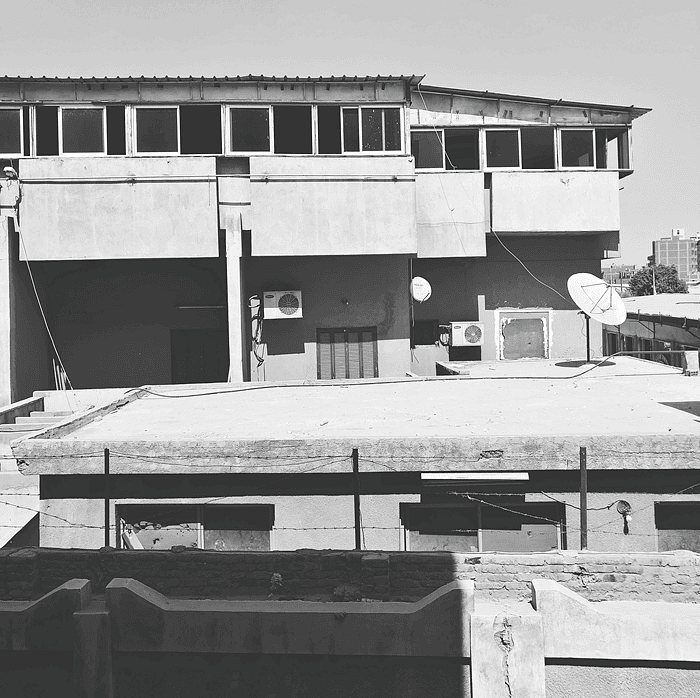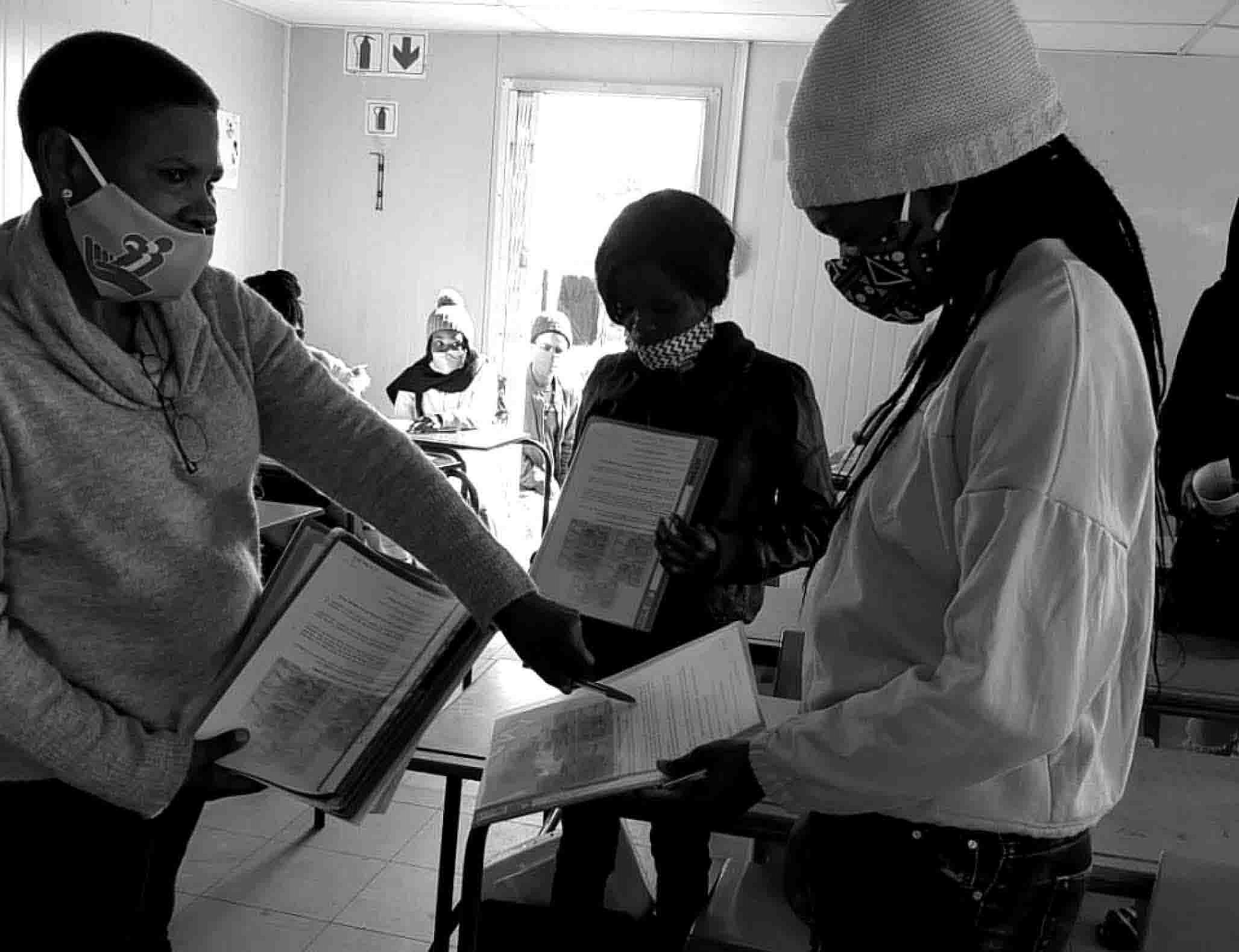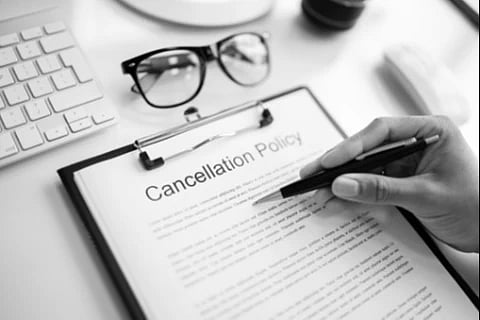Renovations & Building Insurance: What Changes Do You Need to Report?
health-and-home
Thinking about renovating or making improvements to your home? Then it’s essential to update your Building Insurance to stay fully covered. Whether you’re adding an extra room or finally upgrading your kitchen, — even minor changes can impact your coverage and claims eligibility. The experts at Auto&General Insurance can help protect your investment and keep you informed. In this guide, you’ll discover what Building Insurance is recommended in South Africa and exactly what updates you need to report to ensure you’re always properly insured.
Renovations: an exciting but complex time
Renovating your home or business premises is an exciting journey, but it’s not without its challenges. From improving a single room to embarking on a full-scale remodel, there’s a lot to consider – such as unforeseen delays or going over budget. Understanding the potential issues ahead of time can help you prepare, but it’s also important to make sure your home building insurance policy aligns with the updates. Here’s a closer look at some common challenges you may encounter during renovations and how they can impact your insurance needs.
1. Construction delays
Despite a carefully prepared approach, renovations rarely go exactly as planned. Unexpected delays due to weather, material shortages, or contractor issues can have a significant impact on timelines. While this might seem like a temporary inconvenience, it can affect your Building Insurance coverage. If the timeline for renovations extends beyond what was initially expected, your insurance for building cover may lapse or fail to cover the unfinished work, leaving your property vulnerable.
Be proactive in communicating any delays to work with your insurer and ask for an extension or adjustment to your coverage, if necessary. This will mean that your home or business remains protected throughout the renovation process. It’s important to adjust your coverage during the renovation.
2. Budget overruns
Anyone who has renovated a property knows that costs can quickly spiral out of control. Unexpected structural repairs, rising material costs, and unforeseen complications can drive up your budget way beyond the initial estimate. While it is easy to get excited about the final product, it’s vital to make sure your property and renovation costs are adequately covered by your Building Insurance.
Underestimating the cost of renovations can lead to underinsurance. Review your policy with your provider so that your new property value aligns with the changes and adjust your cover to reflect the full cost of renovation.
3. Damage during renovation
Renovations often involve construction activities that can lead to accidental damage to structures, utilities, or even nearby properties. It could be a stray hammer strike that damages a wall or an electrical problem that results in a short circuit, but these types of damages can be costly.
Standard Home or Business Insurance may not cover damages caused during renovations. It’s recommended that you discuss with your insurer whether you need specialised cover for accidental damage during renovations.
4. Liability risks
Renovation projects can often involve multiple contractors, workers, and visitors, which increases the chances of accidents occurring on-site. Injuries to workers or anyone else present during the renovation could lead to a liability claim. Without proper Liability Insurance, you could be held personally responsible for any accidents or injuries. According to an article by the South African Business Integrator, in 2023, the average direct cost of a workplace incident was approximately R73,000.
Make sure you have Public Liability Insurance to cover accidents or injuries that might occur on your property during renovations. It’s also important to check that contractors have their own Liability Insurance.
5. Theft or vandalism
Construction sites that are vacant, or have visible materials, are prime targets for theft and vandalism. Building materials, tools, and even equipment can be damaged or stolen. If your property is left unoccupied during renovations, this risk increases.
Speak to your insurer about additional coverage for construction materials, tools, and equipment stored on-site. You may need to extend your policy to include cover against theft or vandalism.
6. Uncovered structural changes
Major renovations, such as adding a new room, extending a building area, or changing the structure, might not be automatically covered by your current insurance policy. These types of changes could alter the value of your property and leave it underinsured if not reported.
Always keep your insurer updated about any significant structural changes. Failure to do so can result in a claim being denied if damage occurs after the changes are made.
7. Vacant property risks
If your property is left empty during renovations, it becomes more vulnerable to risks like fire, theft, or water damage. Most Home and Business Insurance policies have limitations on coverage for unoccupied properties, which means you may be left without proper coverage.
8. Compliance and permits
If your renovations don’t meet local building codes or have the necessary permits, you could face fines or the end of your project completely. Insurers may also refuse to cover any damage related to unapproved work or structures that don’t comply with regulations.
Before starting any renovations, check you have the proper permits and follow building regulations. Failure to do so could result in your insurer rejecting any future claims.
9. Natural disasters during construction
Renovating a property during unpredictable weather conditions, such as floods or storms, can damage ongoing work. A building site is especially susceptible to the destructive forces of nature.
A builder’s Risk Insurance policy is crucial in covering weather-related damages to construction projects. Ensure this is included in your insurance plan before the renovations start.
10. Miscommunication with contractors
Misunderstandings about responsibilities for damages, delays, or insurance coverage can cause disputes and friction between you and your contractors. These issues can impact the success of your project.
To avoid any miscommunication, make sure all contractors have their own Liability Insurance and are bonded. This can help reduce the likelihood of you being held liable for their delays or mistakes.
4 Key insurance tips for navigating renovation changes
Renovations can improve the value of your property, but they also introduce risks that may not be covered by your current insurance for building policy. It’s necessary to keep your insurer informed and to update your coverage as needed to maintain protection during the renovation period. Here are four tips to help you navigate insurance changes when undertaking renovations.
1. Notify your insurer before starting renovations
Before starting any renovation work, you need to notify your insurer. Renovations can change the structure and value of your property, and your current insurance policy may not fully cover these updates. By informing your insurer in advance, you make sure that coverage is adjusted accordingly.
“Always notify your insurer or broker before starting any renovations. Changes to your property’s value and risk may affect your coverage and premium. Get expert advice to ensure your insurance is updated and adequate during the renovation period.” – Elizabeth Mountjoy, Private Wealth Manager.
2. Consider a builder’s Risk Insurance policy
A standard Home Insurance policy may not cover damages that happen during the construction phase. A builder’s Risk Insurance policy provides comprehensive protection for your property while it’s under renovation. This policy covers damage from accidents, fire, theft, or weather-related events that could occur during construction.
3. Update your coverage after renovations
Once your renovation is finished, it’s vital to update your coverage to reflect the increased value of your home or premises. The cost of materials and labour may have changed, resulting in your home now being worth more than it was before. Check your insurance policy covers this new value to avoid underinsurance.
4. Verify that contractors have adequate insurance
Your contractor’s insurance plays an important role in your own safeguarding during renovations. Before the work starts, verify that they have Liability Insurance and worker’s compensation to cover any accidents or damages that happen on-site. This can prevent you from being held responsible for any unforeseen incidents.
Get a Building Insurance quote
Ready to start your renovations? Get a personalised Building Insurance quote from Auto&General today so that your home or property is covered at every step of your project. Our team is always here to help, so contact us for more information or if you have any questions.








